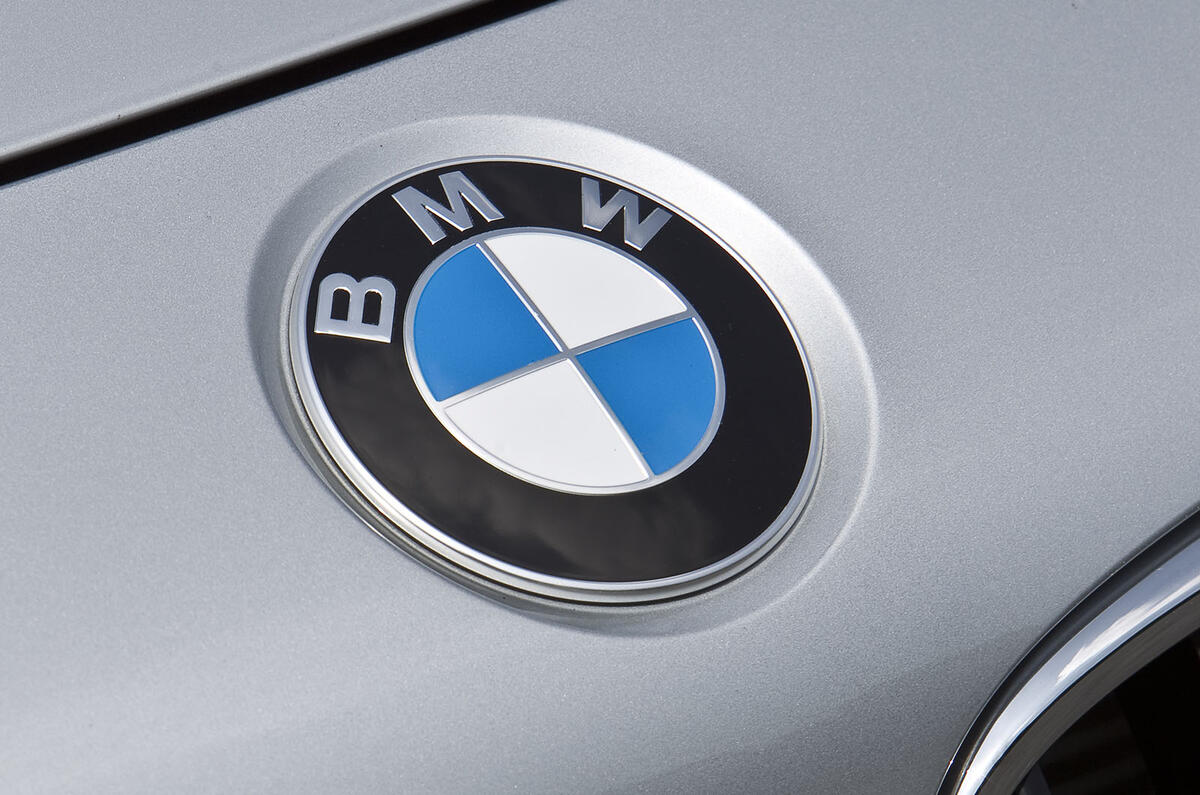The BMW group has retained its title as the world’s leading premium car maker by selling a record 1,963,789 cars last year.
The figure represents a 6.4 per cent rise over the 1,845,186 units sold in 2012 and compares well with Audi’s 1.605m sales and Mercedes-Benz’s 1.461m. Meanwhile, profits were up by 4.5 per cent year on year to £4.46bn after tax.
Worldwide sales of all three of the company’s brands rose last year. BMW was up by a healthy 7.5 per cent, Mini by 1.2 per cent and Rolls-Royce by 1.5 per cent.
Mini fared reasonably well considering that the hatchback was in its run-out year, with sales of the three-door down by just 2.3 per cent. Sales of the Mini Countryman — which accounts for a third of Minis sold — fell fractionally, but a strong showing by the Paceman, which sold 15,000 units last year, ensured Mini’s positive growth.
BMW itself was in a stronger position. The 3-series family is still the company’s biggest seller, with sales up by 30 per cent. Strong demand for the saloon and Touring models was the main driving force, in addition to nearly 23,000 sales of the new Gran Turismo hatchback. Sales of the three-model 6-series range were also up significantly, although this was entirely due to the four-door Gran Coupé, whose sales of 15,913 units means it outsells the 6-series coupé and convertible combined.
A strong performance by the entry-level BMW X1 SUV saw year-on-year sales rise by over nine per cent. The BMW X3 was also up strongly, but sales of the controversial BMW X6 fell 16 per cent in its last year before being replaced, to just 36,688. The BMW Z4 roadster slipped nearly 16 per cent to just 12,866 units.
BMW is set to make further sales gains this year with the just-launched third-generation Mini three-door and impending five-door hatchbacks. The new estate-like Clubman should also perform strongly, while the new 2-series and X4 will further boost sales. Only 311 BMW i3s were sold last year, but that figure will rise with production coming on full stream this year.




Join the debate
Add your comment
Misleading Article
Volume vs Premium.
-